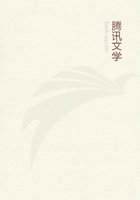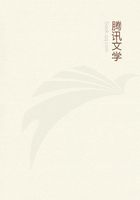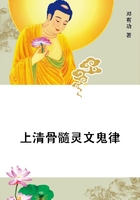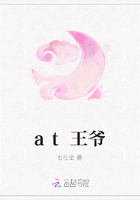Along similar lines we might, in considering non-material consumption, urge that there are more safeguards for utility in the expenditure upon books or music-hall performances than upon education or church membership.
And in a sense this is true.If I buy a book or attend a concert, I am surer to get what I regard as a quid pro quo for my expenditure than in the case of a prolonged process involving many small consecutive acts.
So far as this is true, it means that relics of organic guidance are more truly operative in some kinds of satisfaction than in others, and furnish some better check upon the deception which commercialism may seek to practise.But, of course, our valuation of such checks will depend upon how far we can accept them as reliable tests, not of some short-range immediate satisfaction, but of the wider individual and social welfare.The fact that so many notoriously bad habits can be acquired by reason of an immediate 'organic' attractiveness that is a false clue to the larger welfare, must put us on our guard against accepting any easy law based on the test of 'natural' tastes.
§7.But, in considering the degradation of standards of consumption, it is well to bring some closer analysis to bear upon the processes of suggestion and adoption that are comprised in 'imitation'.In analysing the forms of wealth, the goods and services, which are the real income of the nation, in terms of their production, we recognised that, other things equal, the human cost of any body of that wealth varied directly with the amount of routine or purely imitative work put into it, and inversely with the amount of creative or individual work.That judgment, however, we felt bound to qualify by the consideration that a certain proportion of routine work, though in itself perhaps distasteful and uninteresting, had an organic value both for the individual and for society.How far can we apply an analogous judgment to the same body of Wealth on its consumption side? Can we assume that the utility of consumption of any given body of wealth varies directly with the amount of free personal expression which its use connotes, and inversely with the routine or conventional character it bears? Evidently not.The same analysis does not apply.The chief reason for the difference has already been indicated, by pointing out that, in a modern industrial society, each man, as producer, is highly specialised, as consumer highly generalised.The high human costs of routine work were, we saw, a direct result of this specialising process.A little routine work of several sorts, regularly practised, would involve no organic cost, and might indeed yield a fund of positive utility as a wholesome régime of exercise, provided it was not carried so far as to encroach upon the fund of energy needed for the performance of other special work, creative and interesting.
Indeed, the usual economic justification of the excessive division of labour existing at present in advanced industrial societies is that it is essential to yield that large body of objective wealth which, by its distribution, enriches and gives variety to the consumption of all members of the society.The producer is sacrificed to the consumer, the damage done to each man in his former capacity being more than compensated by the benefits conferred upon him in his latter capacity.
The full validity of this doctrine will be considered when we gather together the two sides of our analysis and consider the inter-relations between production and consumption as an aspect of the problem of human values.At present we may begin by accepting variety of consumption as a condition in itself favourable to the maximisation of human welfare.
This assumption is not, however, quite self-evident.The routine factors in a standard of consumption (and a standard qua standard consists of routine), so far as they are laid down under the direction of an instinctive or a rational evolution of wants, must be regarded as containing a minimum of waste or disutility.Since they are also the foundation and the indispensable condition for all the 'higher' forms of material or non-material consumption in which the conscious personality of individuals finds expression, they may be held to contain per unit a maximum of human value.From this standpoint there would seem to emerge a law of the economy of consumption, to the effect that the maximum of social welfare would be got from a distribution of wealth which absorbed the entire product in this routine satisfaction of the common needs of life.This economy need not be conceived merely in terms of a uniform standard of material satisfactions.A wider interpretation of life and of necessaries might extend it so as to cover many higher grades of satisfaction, all the 'joys that are in widest commonalty spread.' The natural evolution of such an economy of consumption might, it is arguable, yield the greatest quantity of social welfare.

